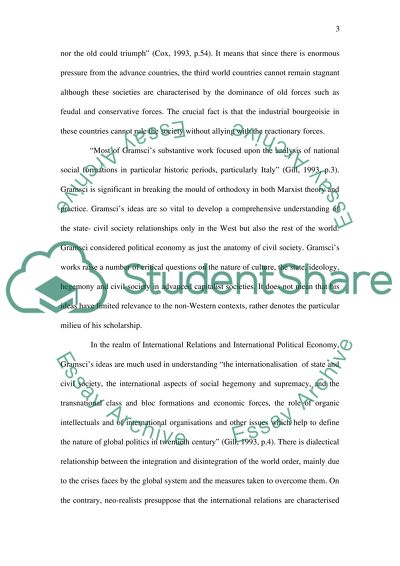Cite this document
(Neo-Gramscian Approaches and Marxist Thinking on International Essay, n.d.)
Neo-Gramscian Approaches and Marxist Thinking on International Essay. https://studentshare.org/politics/1517678-beo-gramscian-approaches-and-marxist-thinking-on-international-relations
Neo-Gramscian Approaches and Marxist Thinking on International Essay. https://studentshare.org/politics/1517678-beo-gramscian-approaches-and-marxist-thinking-on-international-relations
(Neo-Gramscian Approaches and Marxist Thinking on International Essay)
Neo-Gramscian Approaches and Marxist Thinking on International Essay. https://studentshare.org/politics/1517678-beo-gramscian-approaches-and-marxist-thinking-on-international-relations.
Neo-Gramscian Approaches and Marxist Thinking on International Essay. https://studentshare.org/politics/1517678-beo-gramscian-approaches-and-marxist-thinking-on-international-relations.
“Neo-Gramscian Approaches and Marxist Thinking on International Essay”. https://studentshare.org/politics/1517678-beo-gramscian-approaches-and-marxist-thinking-on-international-relations.


